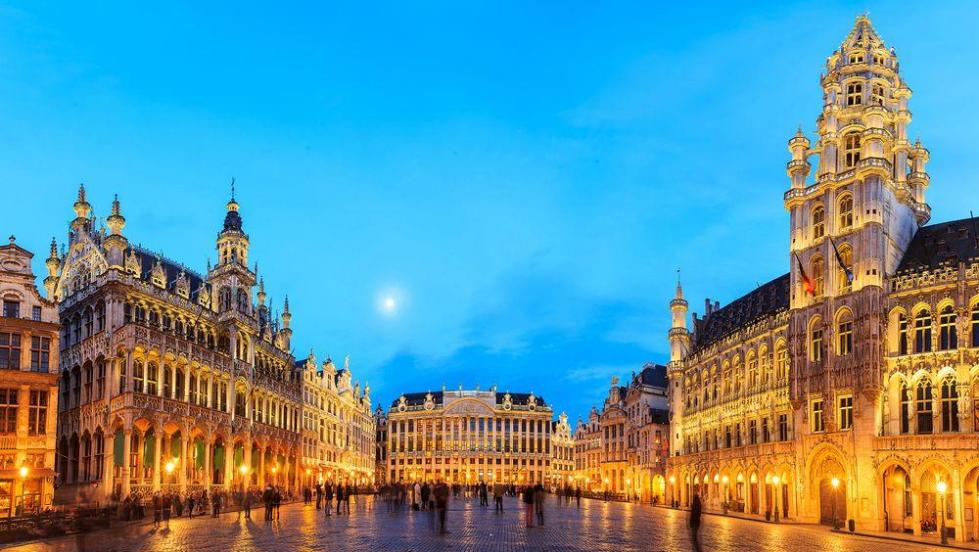About Belgium
Belgium, a country in Western Europe, is known for medieval towns, Renaissance architecture and as headquarters of the European Union and NATO. The country has distinctive regions including Dutch-speaking Flanders to the north, French-speaking Wallonia to the south and a German-speaking community to the east. The bilingual capital, Brussels, has ornate guildhalls at Grand-Place and elegant art-nouveau buildings. The name 'Belgium' is derived from Gallia Belgica, a Roman province in the northernmost part of Gaul that before Roman invasion in 100 BC, was inhabited by the Belgae, a mix of Celtic and Germanic peoples. In 1830, the Belgian Revolution led to the separation of the Southern Provinces from the Netherlands and to the establishment of a Catholic and bourgeois, officially French-speaking and neutral, independent Belgium under a provisional government and a national congress. Tourism in Belgium is one of Belgium's industries. Its accessibility from elsewhere in Europe makes it a popular tourist destination. Much of the tourism industry is located either on the heavily developed coastline or in the Ardennes. Brussels and the Flemish cities of Bruges, Ghent, Antwerp, Leuven and Mechelen, the Flemish Cities of Art, attract many cultural tourists. Much tourism in Brussels is business tourism.

